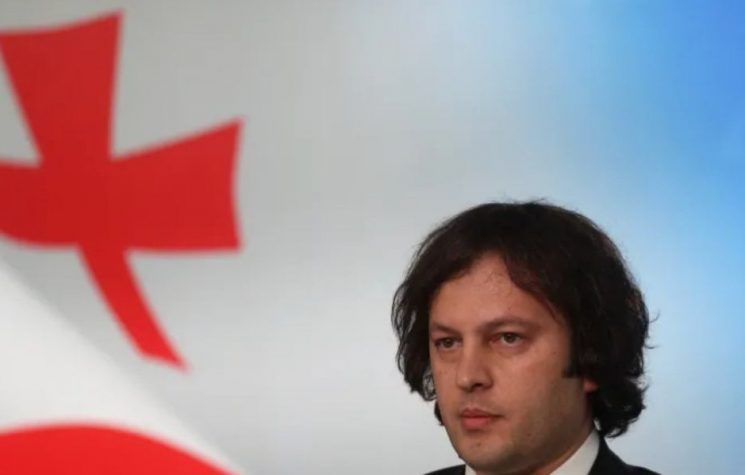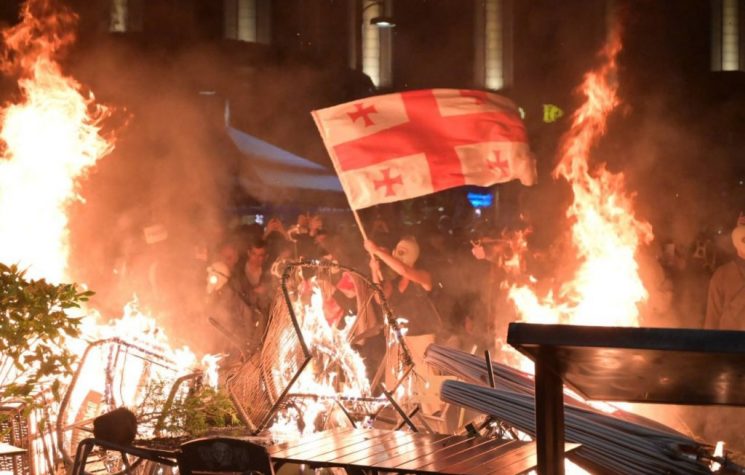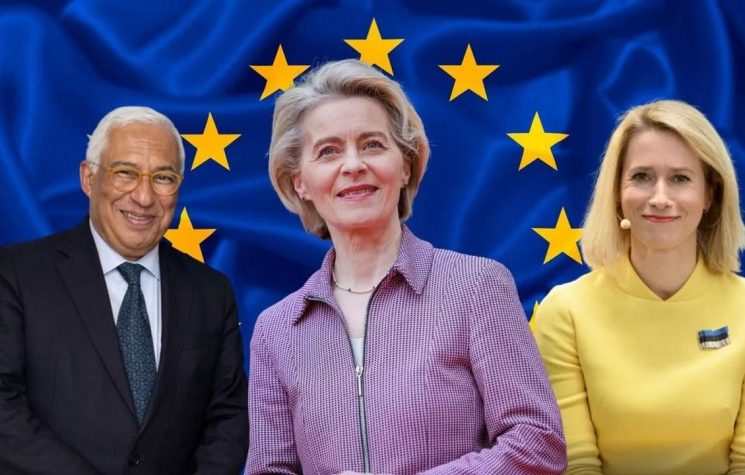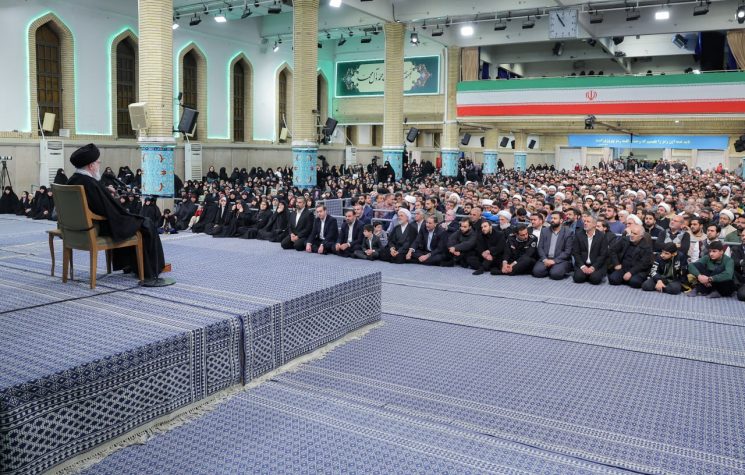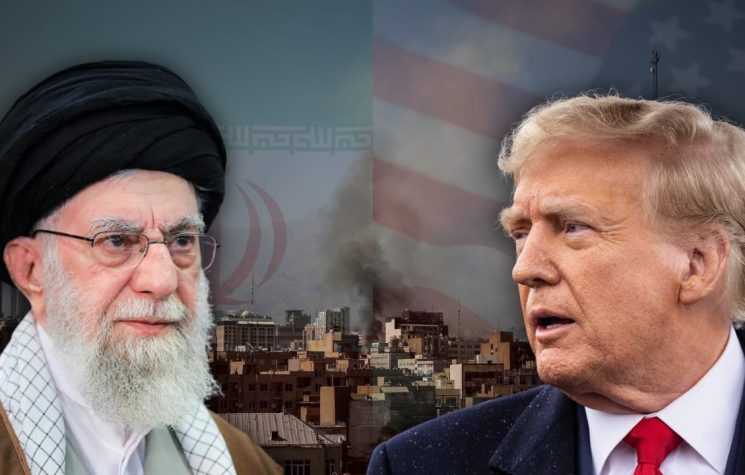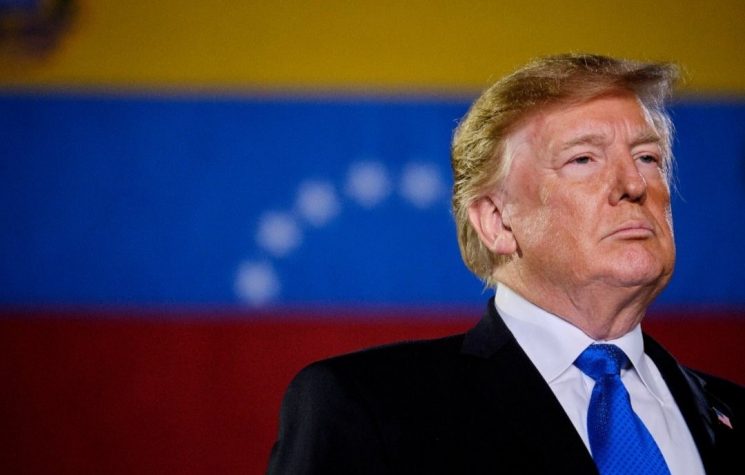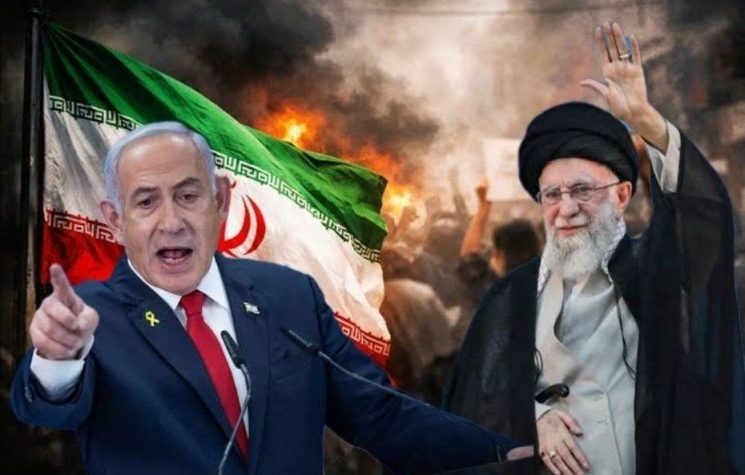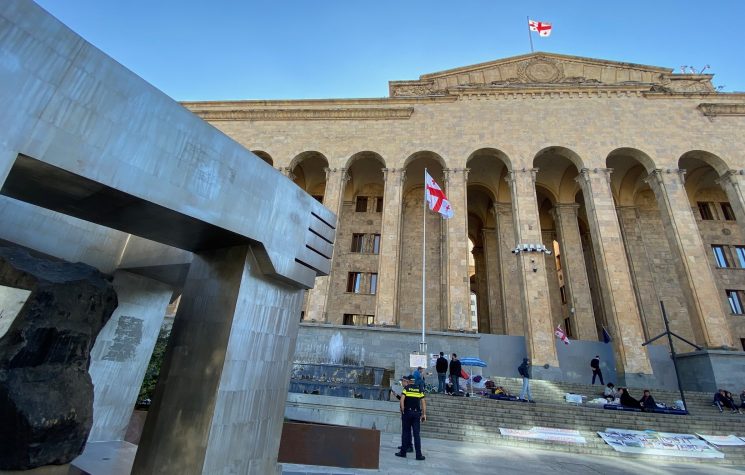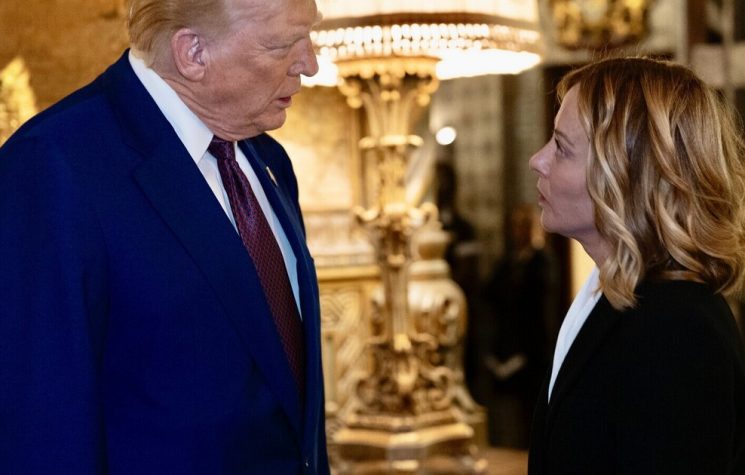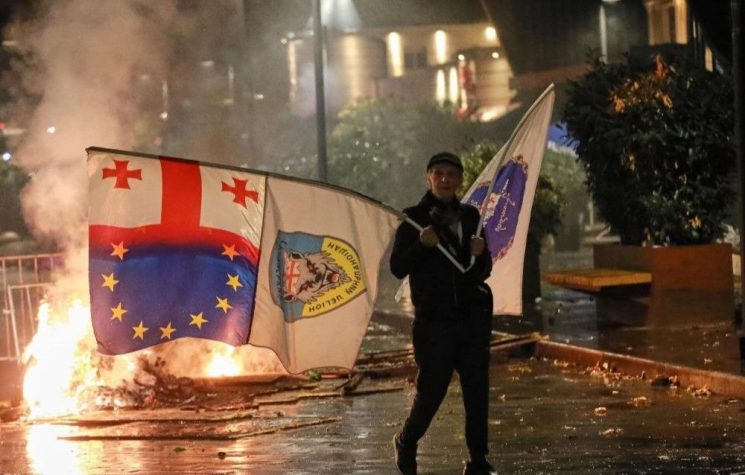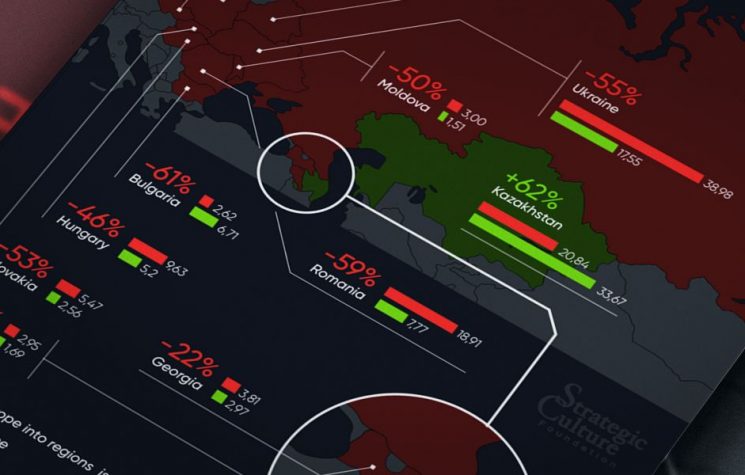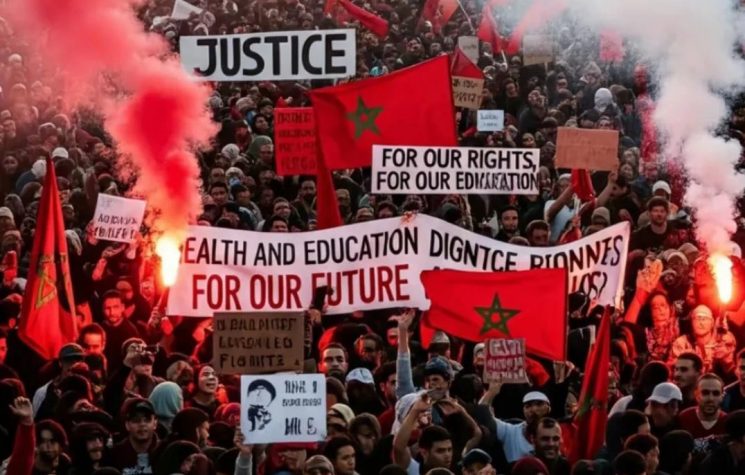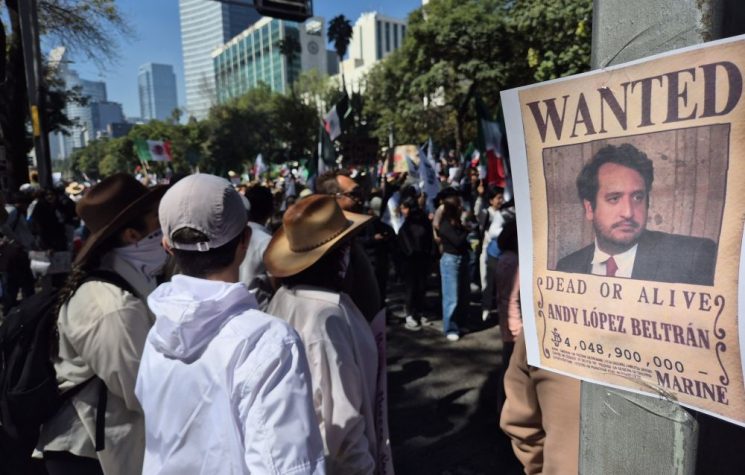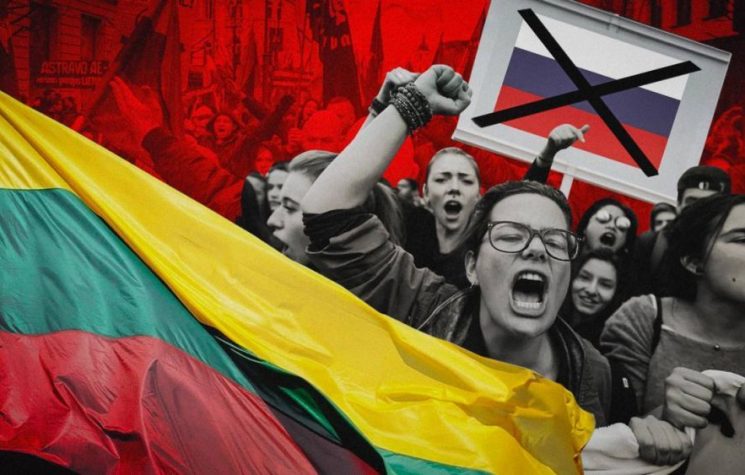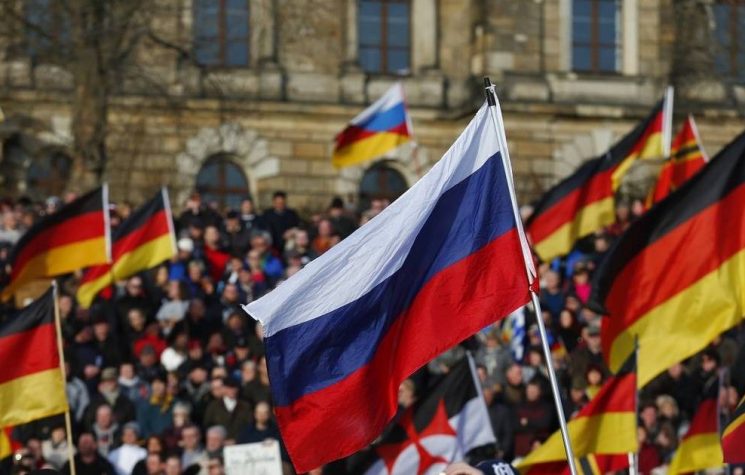Time will tell what measures the Georgian authorities will employ to ensure the integrity of their country, Stephen Karganovic writes.
❗️Join us on Telegram![]() , Twitter
, Twitter![]() , and VK
, and VK![]() .
.
Contact us: info@strategic-culture.su
Extraordinary events are taking place in the streets of Tbilisi. Normally, agitated crowds should be demanding increased transparency in public affairs and access to all the facts they need to efficaciously exercise their civic duties. In Georgia, they want the opposite. The agitated crowd’s vociferous demand is for the facts to be withheld from them.
They are vigorously opposed to Parliament’s intention to enact a legal mechanism that would provide for the registration of foreign agents operating within the country. The legislation now before the Georgian Parliament, which a comfortable majority of the deputies support, would make available to the demonstrators and to all citizens of Georgia information about foreign financing sources of the “non-governmental organisations” that proliferate in Georgia. In that small country targeted for regime change by the collective West there are currently about 20,000 “NGOs,” a remarkable statistic by any measure. The demonstrators however adamantly refuse to know and they oppose that their fellow citizens should be allowed to find out what entities from abroad supply money and logistical assistance to those “NGOs.” Consequently, what they are actually opposing is public disclosure of the agenda those organisations promote and serve.
In simple terms, the demonstrators are saying, “Do not turn on the lights. We prefer to wander in the darkness and as in the current geopolitical confrontation our country is being strong-armed to take a stance disadvantageous to it we prefer that the Georgian government and the public should also roam in complete darkness.”
Briefly, the law that the protesters are objecting to, and which is on the verge of being passed by the Georgian Parliament, provides that if more than twenty percent of operating funds originate from foreign sources, Georgian “NGOs” must publicly disclose such a fact and identify the sources of their funding. This law has been mendaciously misrepresented by Georgia’s NGO sector and the collective West media and political institutions as the “Russian law.” But it is, of course, nothing of the sort. It does exhibit some commonalities with legislation passed by the Russian Duma several years ago that requires foreign agents in Russia to be registered, but the Russian law itself is but a translated copy/paste version of the American Foreign Agents Registration Act (FARA) that the US Congress had passed in 1938. The enactment of FARA is explained by reference to perfectly reasonable national security and democratic transparency concerns:
“The Foreign Agents Registration Act provides the public with an opportunity to be informed of the identity of persons engaging in political activities on behalf of foreign governments, foreign political parties and other foreign principals, so that their activities can be evaluated in light of their associations.”
To say that from the standpoint of democratic practice the Georgian demonstrators’ demands are merely counter-intuitive would be putting it quite mildly. Being mostly young, with access to the internet and presumably computer-savvy, these opponents of the Georgian transparency law can easily research the facts. Invincible ignorance is therefore a plea that these alert young intellectuals are precluded from invoking.
The interesting question is what could possibly motivate a large crowd of mostly young Georgians to assemble day after day in the streets of their capital and to even try to storm their Parliament in a show of revulsion toward perfectly acceptable legislation which, moreover, happens to be invested with the imprimatur of the world’s leading democracy?
In light of what we have already witnessed of the successful application of cognitive reformatting techniques not merely in Ukraine but over the years in Georgia as well, and in Armenia more recently, the answer is readily suggested. In the Ukraine, after years of persistent and amply funded perception-altering indoctrination (to the tune of five billion dollars, according to Victoria Newland) the Maidan putsch of 2014 became possible. Even if they were not the majority, a politically significant portion of the Ukrainian public were persuaded to open the gates to their country’s adversaries. They were successfully zombified to choose fairy tale promises made by the West over the tangible benefits that would have accrued from the proposed alliance with Russia and associated countries. The tragic outcome of the wrong choice that a politically illiterate nation made then is today plain for all to see.
A symmetrical process has been taking place in Georgia. Since the partially successful “Rose revolution” of 2003, Western special services and their ancillary agencies have had twenty years to fine tune their color revolution scenario and adapt it to Georgia’s unique conditions. To that end, thousands of “NGOs” were set up, abundantly funded, and tuned lose to reformat the thinking of the traditionalist Orthodox society in Georgia.
The creation of an insular core of programmed local activists to promote collective West’s agenda whilst deceitfully cultivating the illusion that the work being done was entirely by domestic forces not beholden to foreign sponsors is a fundamental part of the game. Transparency with regard to the logistics and command and control of local activists would demolish that illusion. The local public would grasp that it is being misled and manipulated, and by whom. That is impermissible. Hence the frantic effort and the mobilisation of all available local assets against the registration law, to impede the Georgian authorities from efficiently addressing this paramount national security issue. The monetary investment and decades-long cultivation of pliant cadres must not be allowed to go to naught.
An excellent theoretical explanation of the subversive technology on full display in the streets of Tbilisi is the concept of the “Lesser nation” developed by Academician Igor Shafarevich in his insightful essay “Russophobia.” The “Lesser nation” is an elitist subculture ensconced within its larger host. It is specifically programmed to be alienated from the larger nation that surrounds it and to continuously vex it from within. Just as importantly, in response to the remote control signals emitted by its animators, it is configured to be aggressive, loud, and obnoxious. The Lesser nation’s self-awareness is shaped to counter-pose it to the larger community in which it operates, whose interests, values, and traditions it dismisses with disdain. But at the same time, in sovereign fashion it claims the right to rearrange that community’s affairs, treating it as mere human fodder for the achievement of the Lesser nation’s ideological aspirations.
Shafarevich makes observations whose pertinence will readily be recognised by all who have studied the technology of “color revolutions” and creation of local battering rams that are meticulously prepared in advance to ensure their success.
He points out that local operatives are inculcated with the “belief that the people’s future, like a mechanism, can be freely designed and restructured; in this connection [they are imbued with] a contemptuous attitude toward the history of the ‘Greater People,’ up to and including the assertion that it has not existed at all; the demand that the basic forms of life be borrowed in the future from outside and that we [must] break with our own historical tradition [in this case it is the demonstrators’ demand that Georgia sacrifice transparency to chimerical EU membership, thus affirming its commitment to “European values”]; the division of the people into an ‘elite’ and an ‘inert mass,’ and the firm belief in the right to use the latter as material for historical creativity; and finally, outright revulsion toward representatives of the ‘Greater People’ and their psychological makeup” [P.17].
Shafarevich diagnoses this phenomenon as “hostile alienation from the spiritual foundations of the surrounding world” [P. 37].
With regard to the gullibility of the preponderantly youthful recruits, Shafarevich points out that “in the face of this refined technique of brainwashing that has been tested in practice and improved through long experience, confused young people find themselves absolutely defenceless. For, after all, no one who might be an authority for them will warn them that what they are dealing with is simply a new version of propaganda, albeit a very toxic one, that is based on an extremely fragile factual basis” [P. 28].
“Thus,” he concludes, “logic, facts and ideas alone are powerless in such a situation … ” [P. 25].
In other words, they will not be confused with facts.
Time will tell what measures the Georgian authorities will employ to ensure the integrity of their country. Scott Ritter harbours no doubts that Georgia is targeted for “regime change” but he believes also that the current Georgian government are well aware of the fate their Western “partners” have envisioned for them and will react accordingly. Let us hope that in Georgia on both the governmental and popular levels sound judgment shall prevail, as in neighbouring Armenia it evidently has not.










